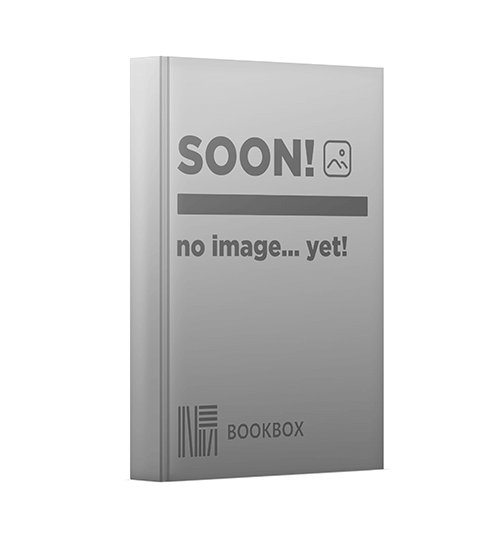ETHICAL MEDIA GOVERNANCE
This edition is addressed to stakeholders in the Media Industry and in particular to the corporate and journalistic managements of Media organizations of all types, subject matter, size and technological integration that distribute content through web applications and platforms.
The manual strengthens the documentation and supports the need for self-regulation with ethical and quality standards for the ethical governance of the Media. It presents the ways in which a Total Quality Management System can be developed, which can provide a constructive response to the challenges of transparency, reliability and independence facing the media industry. It also includes a self-assessment system for compliance with the Code of Conduct.
The first part describes the current environment, problems and risks for the media industry and their impact on society. It discusses European policy initiatives on press freedom and independence, regulatory regimes in the online media ecosystem and digital platforms, contemporary challenges such as disinformation, lack of transparency and accountability, and risks to freedom of expression and therefore for democratic citizenship.
The second part of the thematic and conceptual framing examines the concept of ethical governance itself and the relationship between self-regulating ethical frameworks and soft law. Also included is an examination of the concepts of media ethics and journalism in particular.
Building on the first two parts, which set out the rationale and analysis of ethical media governance in organizational management matters, parts three and four provide an overview of existing practices of such applications, and part four offers a detailed, but flexible, framework that organizations can adopt.
The third part presents some of the important quality assurance initiatives of the media industry and the international standards that could be adopted for media governance. Each of the International Standards is auditable and some ar
Ταξιδευτής

Στέλνουμε στη διεύθυνση που επιλέγετε μοναδικές προσφορές που θα ήταν κρίμα να τις χάσετε!



 engine
🛠20220503.061449
engine
🛠20220503.061449






















